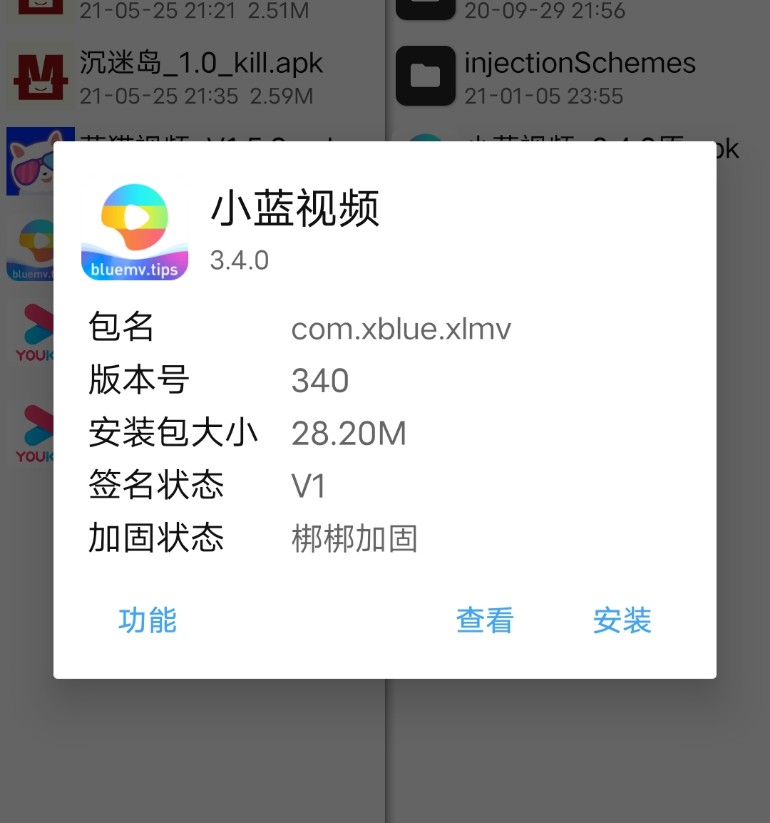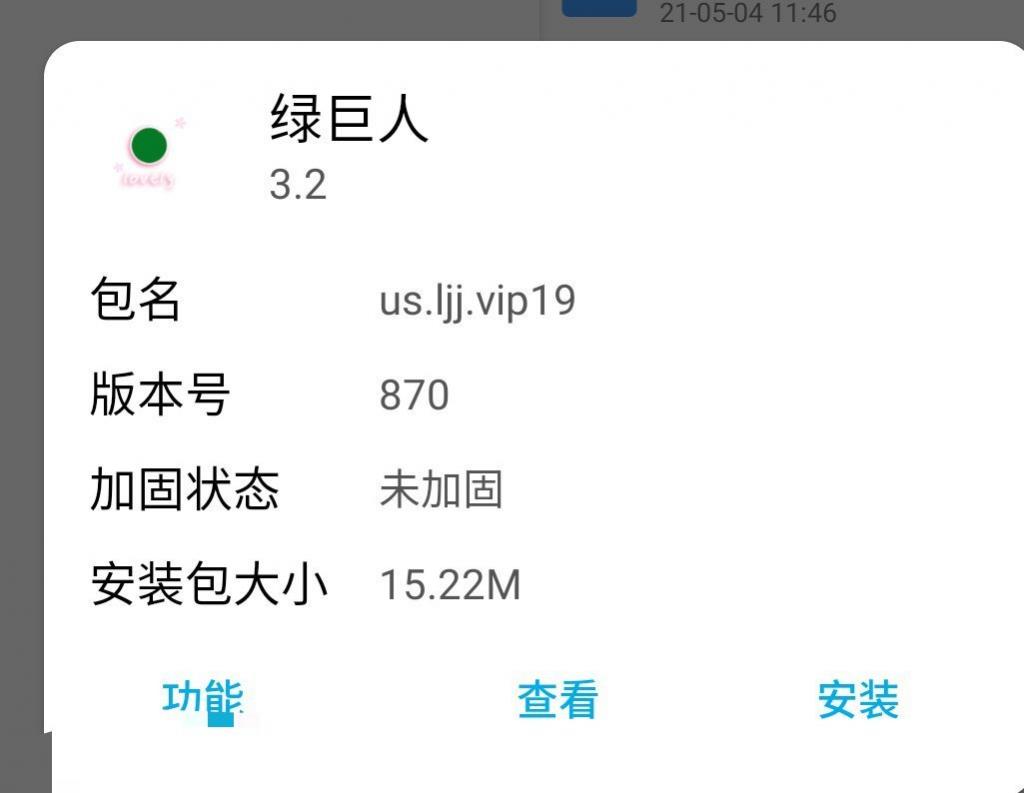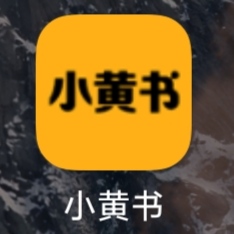小白在于质量,越简单越容易懂!
- 打印“Hello World”
javapublic class HelloWorld {
public static void main(String[] args) {
System.out.println("Hello World");
}
}
- 变量声明和赋值
javapublic class Variables {
public static void main(String[] args) {
int age = 25; // 整数类型变量
double height = 170.5; // 浮点数类型变量
String name = "John"; // 字符串类型变量
System.out.println("Age: " + age);
System.out.println("Height: " + height);
System.out.println("Name: " + name);
}
}
- 条件语句(if-else)
javapublic class Condition语句 {
public static void main(String[] args) {
int score = 80;
if (score > 90) {
System.out.println("优秀");
} else if (score > 80) {
System.out.println("良好");
} else if (score > 60) {
System.out.println("及格");
} else {
System.out.println("不及格");
}
}
}
- 循环(for)
javapublic class For循环 {
public static void main(String[] args) {
for (int i = 0; i < 10; i++) {
System.out.println(i);
}
}
}
- 循环(while)
javapublic class While循环 {
public static void main(String[] args) {
int i = 0;
while (i < 10) {
System.out.println(i);
i++;
}
}
}
- 数组(声明和初始化)
javapublic class Arrays {
public static void main(String[] args) {
int[] scores = new int[5]; // 声明一个长度为5的整数数组
scores[0] = 90; // 赋值
scores[1] = 85; // 赋值
System.out.println(scores[0]); // 输出值
System.out.println(scores[1]); // 输出值
}
}
- 方法(声明和调用)
javapublic class Methods {
// 方法声明,返回值为int类型,参数为字符串类型
public static int getLength(String str) {
return str.length();
}
public static void main(String[] args) {
String text = "Hello"; // 声明并初始化字符串变量text
int len = getLength(text); // 调用getLength方法获取字符串长度并赋值给len变量,然后输出len的值。输出结果应该是5。
System.out.println(len); // 输出值5,因为"Hello"的长度是5。
}
}
© 版权声明
THE END
喜欢就支持一下吧
相关推荐






![[精品软件] 乐咔相机V1.00相机功能强大-bt博客-bt资源博客](https://btzyw.oss-cn-shanghai.aliyuncs.com/wp-content/uploads/2021/04/153814eqsommgo8cd6sevs.jpg)








暂无评论内容